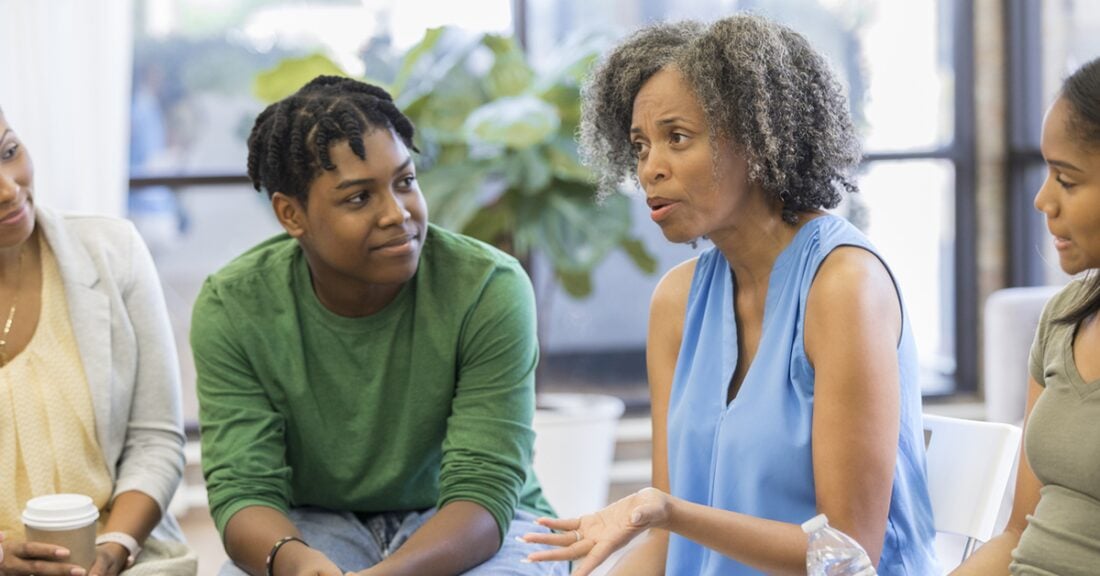Early Lessons in Engaging Youth and Adults in Community Change Efforts

What does it take for young people and adults to work together and make change in their communities? In 2022, the Annie E. Casey Foundation began exploring ways to better engage youth and adults in working together to improve their communities.
The effort aims to give Casey grantees, partners and community members an important voice within the Foundation’s community change efforts. To achieve this, it positions youth and adult community partners in creating and implementing tools and resources for improving youth and adult partnerships.
Engaging Grantees in Community Change
With technical assistance from a nonprofit intermediary, Youthprise, Casey hosted listening and learning sessions with seven grantees:
- Community Law in Action
- Our Turn
- Point Source Youth
- No Boundaries Coalition of Central West Baltimore
- BRIDGES
- The Partnership for Southern Equity
- YES! For Equity
Session participants analyzed the current state of youth and adult partnerships within community change initiatives and defined the challenges and opportunities inherent in this work.
Participants also discussed strategies for:
- balancing power dynamics between adults and young people;
- building youth-adult partnerships that benefit both young people and their communities;
- compensating youth partners to support increased equity; and
- providing language training and support for adult partners.
Getting this groundwork right is important, according to Traci Broady, a senior associate with the Casey Foundation. “Through clear communication, shared goals and a commitment to equity, partners can create lasting relationships that lift up meaningful contributions across generations.”
Early Lessons From the Listening and Learning Sessions
The sessions yielded important insights on how young people and adults can work better together. This advice spans six points:
- Stopping and listening. Adult leaders must dispel negative stereotypes and false narratives around young people — particularly youth from marginalized communities — and be willing to step aside, when necessary, to allow young people’s voices to be heard.
- Empowering young people. Young people should be identified as having power and be compensated for their expertise. Adult leaders should view listening to young people as essential to understanding their needs and making informed decisions.
- Nurturing growing partnerships. Expanding capacity for youth and adult partnerships requires access to support, resources and training in areas such as racial equity, skill development and research.
- Developing shared goals and metrics for success. Youth and adult leaders should establish qualitative approaches for measuring progress, such as feedback loops, assessments that are accessible to young people and a shared definition of success
- Utilizing government partners. Partnerships must also look at how organizations can work with local lawmakers or government officials to improve strategy and program design.
- Engaging communities. Foundations can help advance intergenerational community change efforts by engaging both organizations and young people, assessing community needs and ensuring that initiatives address these needs.
Putting Learning Into Practice
The listening and learning sessions — and the insights they generated — informed the creation of a tool kit that provides leaders across multiple sectors with a framework for accessing and advancing youth and adult engagement efforts to drive community-led solutions.
Four organizations will begin using this tool kit in summer 2023. These organizations, which will be selected through an RFP process, must show a commitment to deepening youth and adult engagement strategies within a larger community change initiative.
Learn About an Intergenerational Strategy for Community Change






